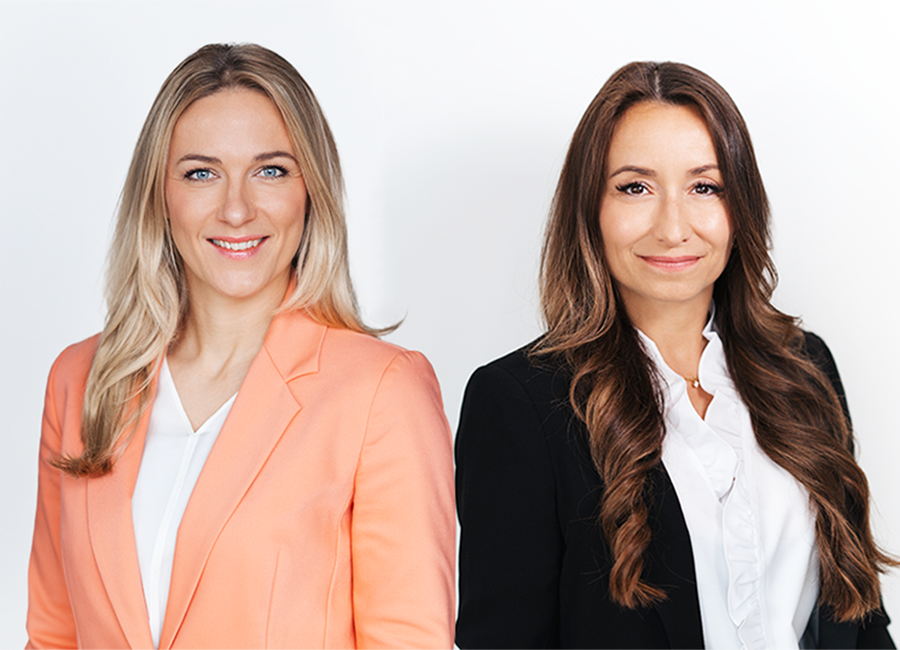
Transformation rarely fails because of strategy—it fails because of a lack of leadership capacity in business-critical roles. In this interview, Anne Rienecker and Julia Hammer explain how People Advisory effectively supports companies in phases of growth, transformation, and complex transition. They also explain why sustainable impact requires more than just quick staffing.
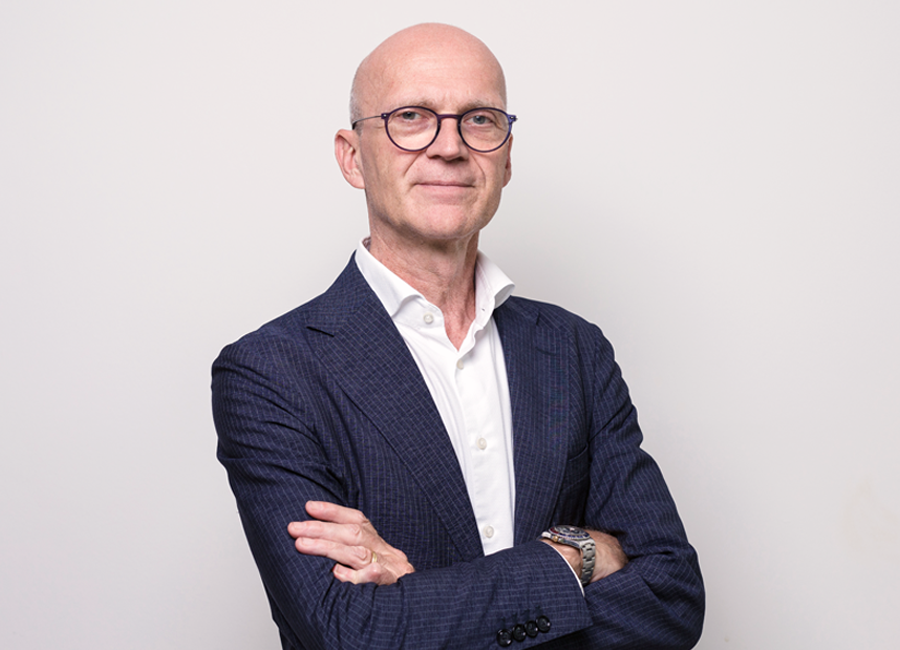
The threat of a double dip, urgent transformation, banks putting the brakes on: “Outdated financing concepts are of little help now,” says Ralf Ehret, partner and head of debt advisory at enomyc. But what do companies need to anticipate now in order to act early, honestly, and smartly? A look at worst-case scenarios and dream scenarios from a debt advisor.
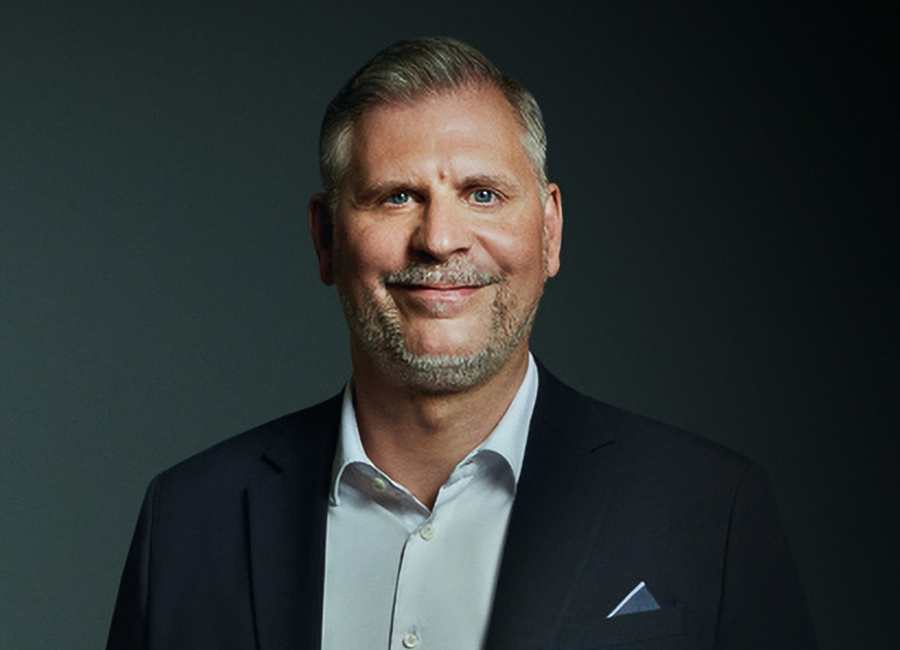
Is this impression misleading, or are strikes becoming more common? Which industries are hardest hit? And how well prepared are medium-sized companies? “In my experience, not well at all,” reports Thomas Wahlig, a specialist labor lawyer, “but the unions are in the same boat.” This could make companies vulnerable to blackmail very suddenly. Companies planning restructuring should check their strike resistance very carefully in advance. How? With due diligence. We interviewed him.
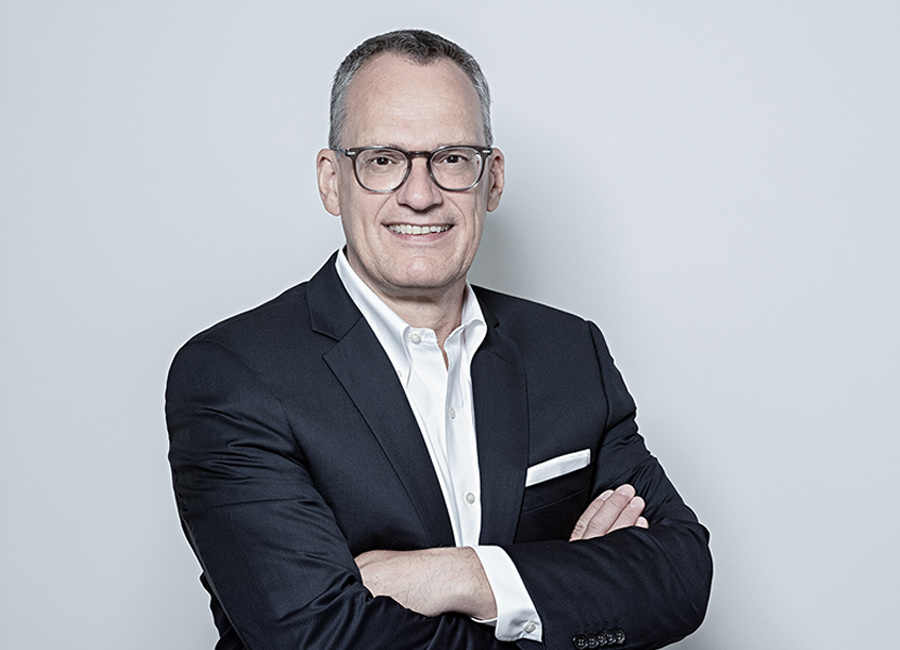
“I have never seen an OTC company in crisis that lacked pharmaceutical or product expertise,” says marketing and sales expert Peter Klein. “Most lack digital know-how and digital marketing expertise.” But what makes OTC products relevant? Why should pharmaceutical manufacturers see themselves as customer-centric companies? Insights and recommendations for action – now in an interview.
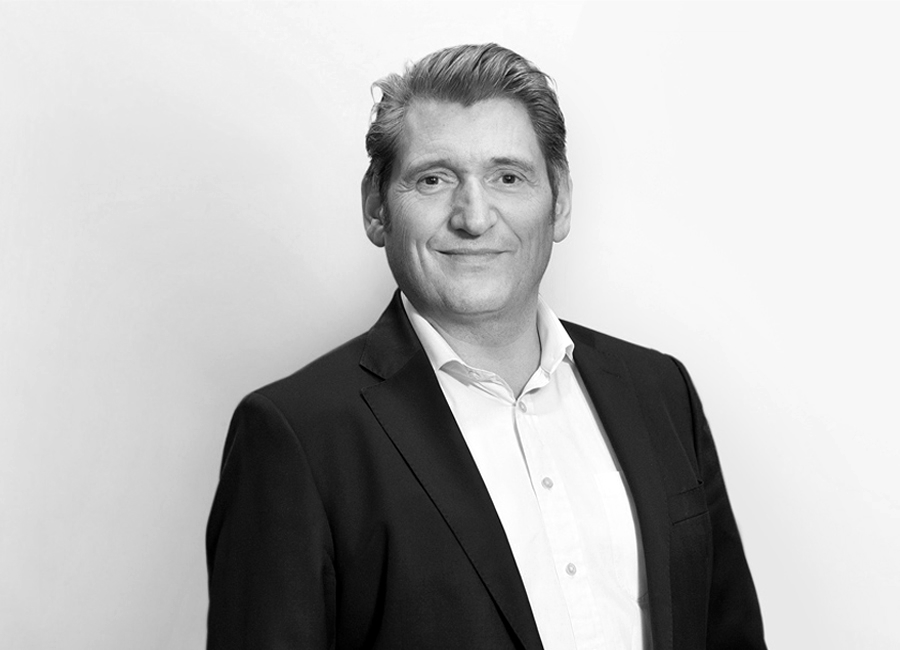
The decision is final: as of late October, the EU has imposed tariffs on Chinese electric vehicles. The reasoning? Excessive subsidies and unfair competition from China. Brussels has taken decisive action, despite strong warnings from the German automotive industry.Will the sector now face significant price increases and potential retaliatory measures from China? Could the demand for EVs be further suppressed due to these tariffs? And what impact might these measures have on Germany’s capacity for innovation? In this expert interview, we explore the scenarios currently under discussion in the German automotive and supplier industries.
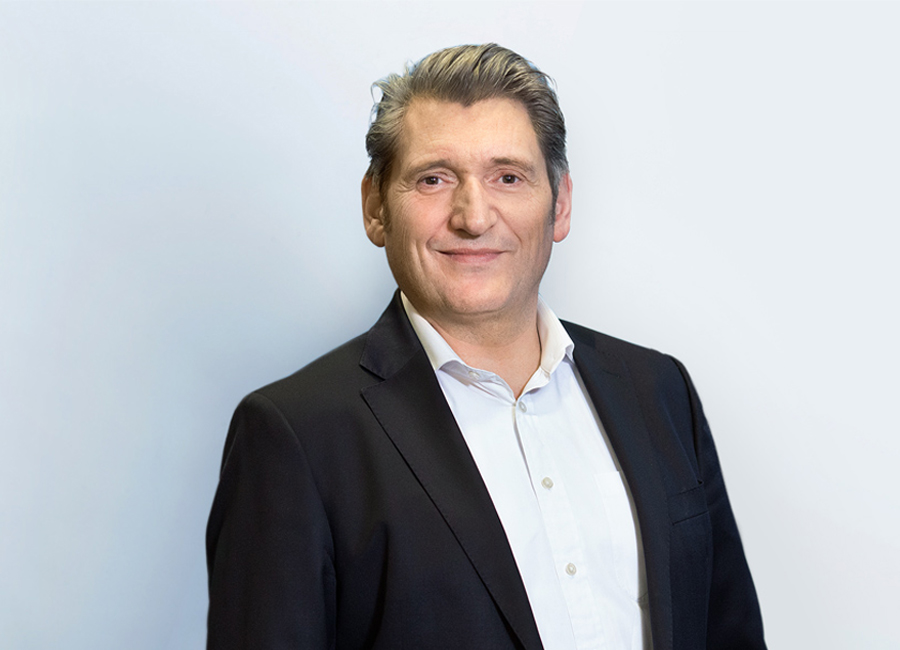
At first glance, the German MedTech industry seems to be doing well. It appears crisis-resilient, innovative, strong in exports, and optimistic. However, on a global scale, its business development seems to be slowing down. What is troubling the MedTech industry? How is its innovative strength? What about its future? enomyc, in collaboration with the German industry association SPECTARIS, the trade association for optics, photonics, analysis, and medical technology, surveyed over 40 companies in the industry. On the mood, strengths, and key levers of the German MedTech industry: an expert interview with Christian Zeller.
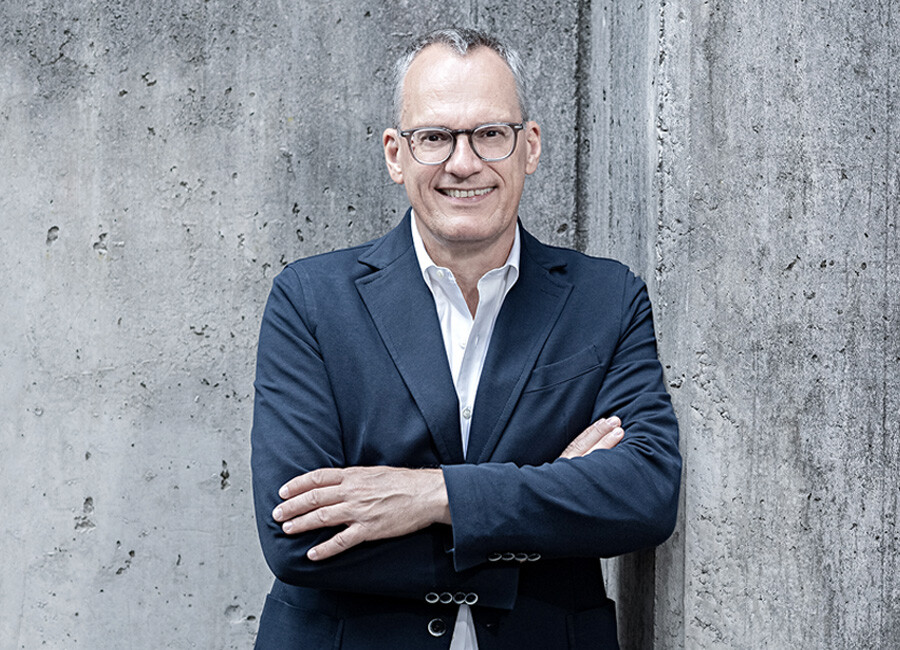
"I have never seen an OTC company in crisis that lacked pharmaceutical or product expertise," says marketing and sales expert Peter Klein. "Most of them lack digital know-how and digital marketing expertise." So what makes OTC products relevant? Why should pharmaceutical manufacturers see themselves as customer-centric companies? Insights and recommendations for action - now in an interview.
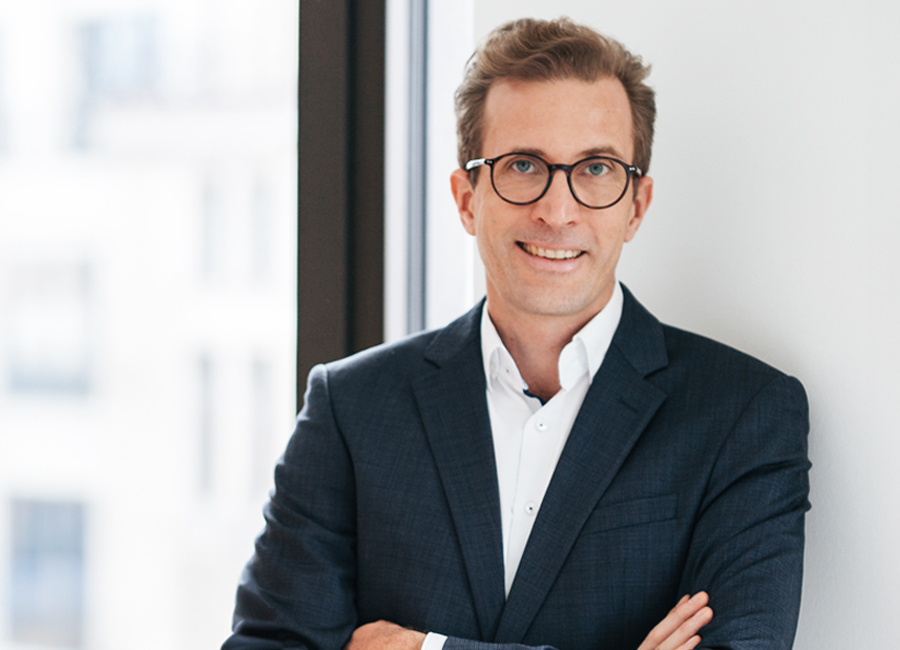
What effect does the family factor have on change processes in family businesses? Our partner Dr. Tim Bauer researched this topic years ago. In 2012, he completed his PhD on "Innovation Processes in Family Businesses." Prior to that, he worked at the Chair for Family Businesses, advised young founders, and studied renowned family businesses from the German Mittelstand. That he now advises family businesses in transformation processes is partly because he himself comes from a family business and managed the company for a decade with his brother.
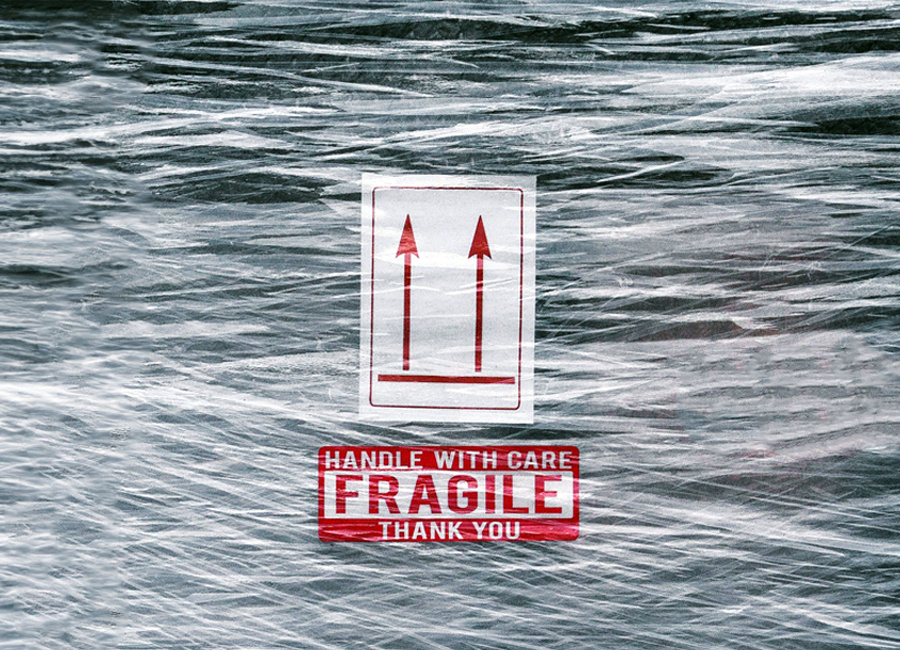
Relocation, reshoring, offshoring, and rebuilding: The geographical shifts of internationally producing companies resemble a busy puzzle. While BASF closes facilities at its German headquarters and invests $10 billion in constructing a mega factory off the coast of southern China, Tesla explores alternatives to production sites in China and Taiwan. Meanwhile, Stellantis plans to scale down its electric vehicle production in China, and Neura Robotics is returning to its German headquarters from China this year. The reasons for these production relocations vary by industry, from high factor costs and geopolitical risks to tariff avoidance.

The StaRUG x Leoni AG case is making history in corporate restructuring. Specifically, it represents a paradigm shift. According to the summary of the restructuring plan, the expected return for the shareholders affected by the plan in the next best alternative scenario was 0%. This has never happened before. How has this case affected restructuring practices since then? Who are the winners and losers? And what opportunities or risks does StaRUG hold for LLCs? Ralf Ehret, Partner and Head of Debt Advisory, provides insights.

"Human beings have three ways to act wisely," once taught Confucius. "First, by reflection, which is the noblest; second, by imitation, which is the easiest; and third, by experience, which is the bitterest." Is China taking the easiest path? And will it be bitter for Germany? How economic policy and SMEs might react to China’s economic trajectory is discussed by Christian Zeller, partner at enomyc, in this interview.
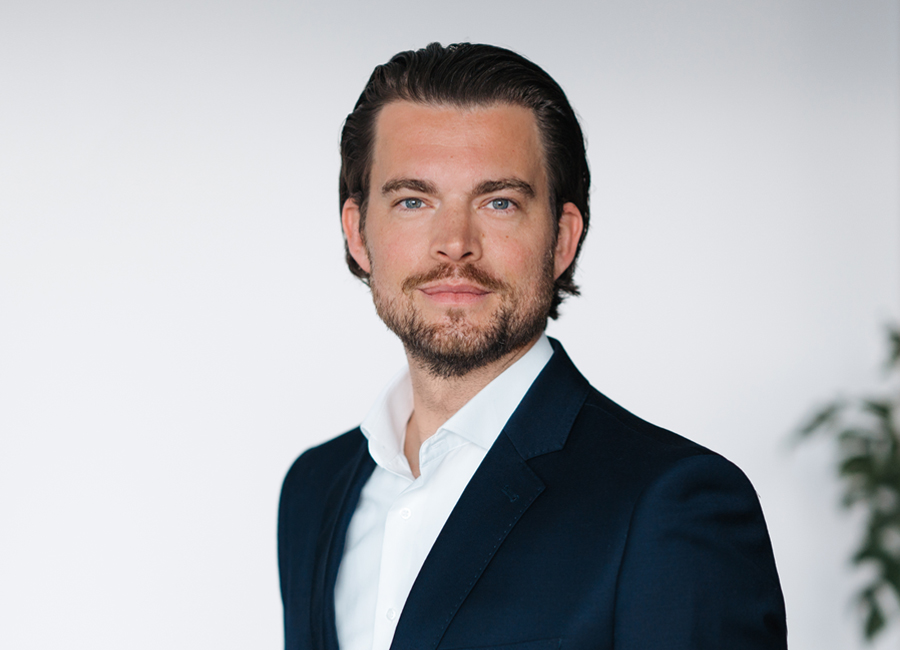
What do you think: What impact will artificial intelligence have on your life? Do you follow developments with risk appetite or skepticism? One thing is clear: AI is a pioneering technology. It triggers noticeable changes. And it provokes. Even myths. We spoke to Mario Trapp, Partner in Restructuring & Transformation and Head of Digital Strategy, about this. How does he himself use AI in professional practice? Should companies already be hiring Chief AI Officers? And which AI developments make even him uneasy?










